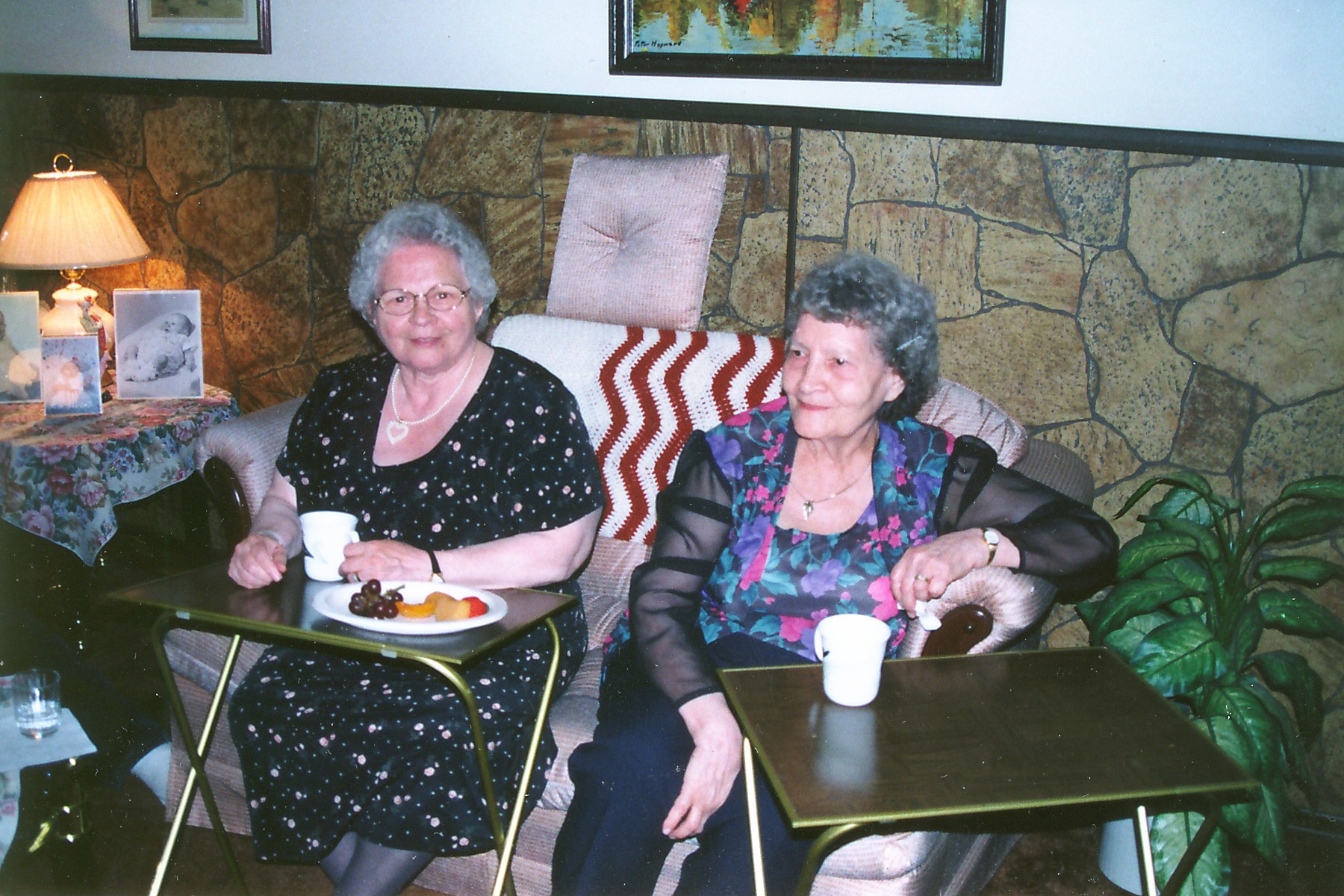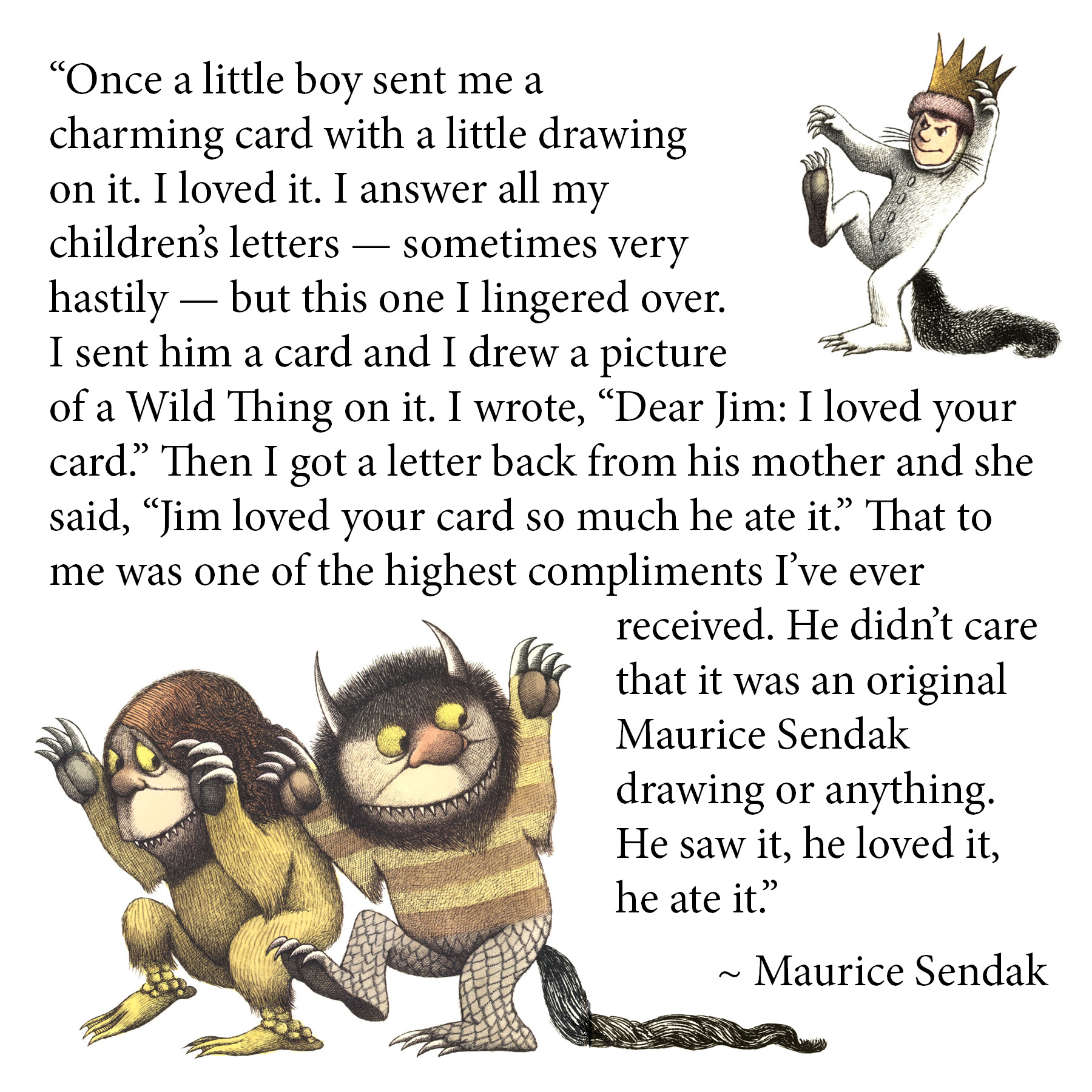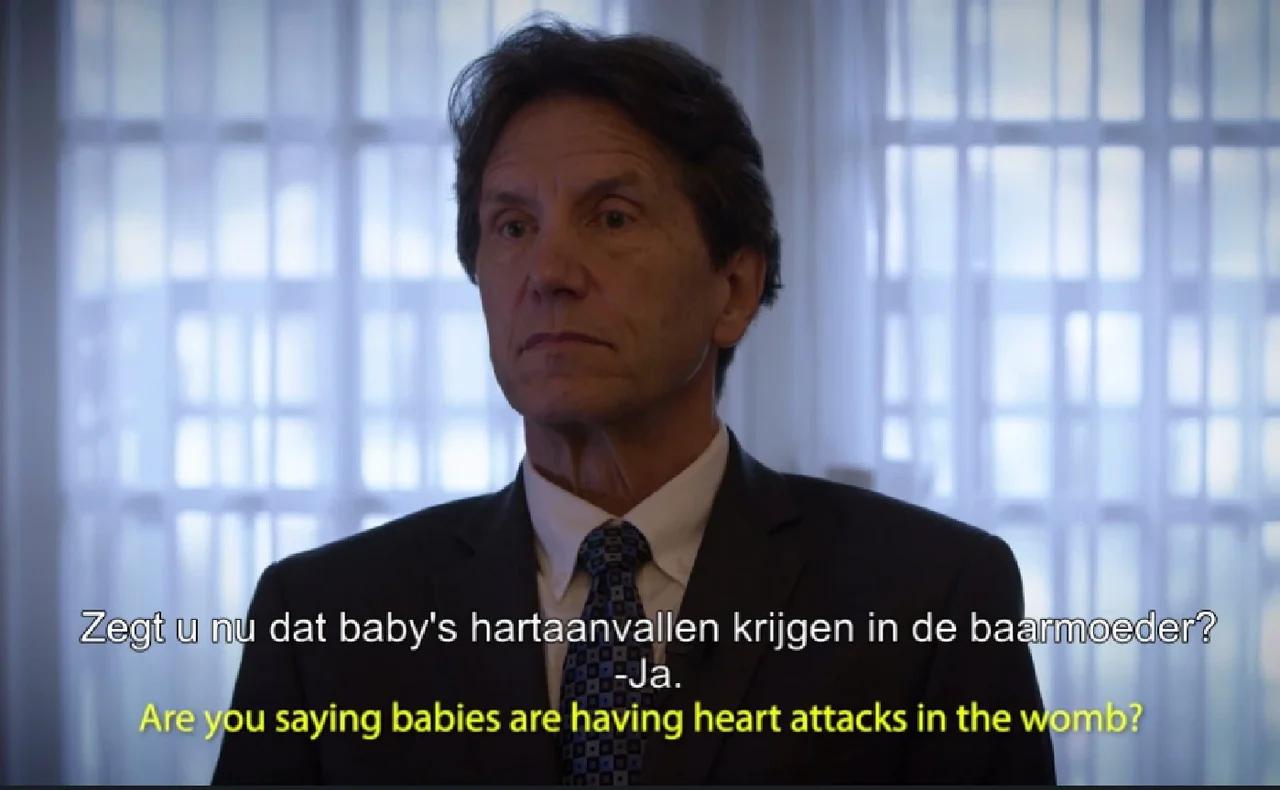When we hear the phrase 'passed away suddenly,' it often brings with it a wave of strong feelings, a sense of something unexpected happening. You know, it's like a quiet moment is just broken, and then everything feels different. This particular collection of words carries a very particular weight, a kind of immediate impact that settles on our hearts and minds without much warning at all. It speaks to a moment that changes everything, a departure from life that leaves little room for goodbyes or preparations.
This phrase, in a way, describes a moment that can feel quite jarring, a shift that happens in an instant. It’s a gentle way of saying that someone is no longer with us, yet it also highlights the surprising nature of their departure. We often find ourselves trying to make sense of such news, searching for ways to understand something that, by its very nature, resists easy explanation. It's a phrase that, frankly, stays with you, leaving a lasting impression.
For those who hear it, or perhaps need to say it, the words carry a shared sense of human experience, a reminder of life’s delicate nature. It’s a way we talk about something deeply personal, yet it’s also a common expression we use in our daily conversations. We will look at what this phrase truly means for us, how it touches those around us, and even, in some respects, why we choose these particular words to convey such a significant event.
- Pathivara Temple Tourist Attractions
- Gloria Torres Of Leaked
- Renee Estevez
- Pathivara Temple Trekking Information
- Openai Chatgpt Plus Subscription Iran
Table of Contents
- When Someone Leaves Us - The Weight of 'Passed Away Suddenly'
- Why Do We Say 'Passed Away'?
- Supporting Those Who Grieve a Sudden Loss
When Someone Leaves Us - The Weight of 'Passed Away Suddenly'
The words 'passed away suddenly' carry a very particular kind of feeling, a heaviness that settles in the air. When someone departs without warning, it leaves a space that feels, well, completely unexpected. It's a phrase that acknowledges the finality of a life ending, but also puts a spotlight on the abruptness of that ending. This isn't about a long illness or a gentle fading; it's about a life that was here one moment and then, just like that, it wasn't. The impact of such news can be quite profound, you know, for everyone who hears it.
It speaks to a loss that can feel, to be honest, a bit disorienting. There's no time to prepare, no opportunity for those last conversations or moments of shared quiet. The phrase itself, 'passed away suddenly,' becomes a way to describe this unique kind of departure, one that often leaves a feeling of shock in its wake. People might find themselves trying to grasp what happened, piecing together the events that led to such an unexpected outcome. It's a situation that, apparently, often leaves many questions unanswered.
This expression also serves as a common way for us to communicate a deeply personal event to a wider circle. It allows us to convey the basic information while also hinting at the difficult nature of the circumstances. We use it in conversations, in messages, and in public announcements, knowing that its meaning is widely understood. It’s a phrase that, in a way, helps us share a difficult truth without needing to go into every single detail right away.
- How To Subscribe To Chatgpt Plus In Iran
- Chatgpt Plus Subscription Iran Payment
- Original Superman
- Christopher Reeve And Keanu Reeves Related
- Tatum O Neal Partner
What Does 'Passed Away Suddenly' Really Mean?
So, what do we truly mean when we say someone 'passed away suddenly'? At its heart, it means a life ended without any forewarning, or at least, without a long period of decline. It suggests that the person was, for all intents and purposes, living their ordinary life right up until the moment of their departure. This could mean a medical event that happened without any previous signs, or an unexpected accident. It's about the lack of preparation, the absence of a chance to say goodbye in a planned way. It’s a departure that, quite simply, catches everyone off guard.
The term 'suddenly' is a key part of this phrase, obviously. It emphasizes the unexpected nature of the event, distinguishing it from a death that might follow a long illness or a natural decline in old age. When we use this word, we are conveying the shock and the abruptness that often accompany such a loss. It’s a way of acknowledging that this wasn't something anyone saw coming, that it happened without any of the usual signals. This aspect, in fact, can make the process of coming to terms with the loss particularly challenging for those left behind.
It also implies a quick transition, a movement from being present to being gone in a very short span of time. There isn't a lingering period; instead, it's a swift change. This kind of event can leave people feeling a bit stunned, trying to process something that happened so quickly. The phrase 'passed away suddenly' captures this swiftness, this unexpectedness, in a way that is both direct and, you know, still quite gentle in its phrasing. It's a way we talk about life's ultimate surprise.
The Immediate Aftermath of 'Passed Away Suddenly'
When someone has 'passed away suddenly,' the moments right after the news can feel like a blur, a time filled with a mix of disbelief and a deep sense of sorrow. For those closest to the person, the world can seem to tilt on its axis. There's an immediate need to process what has happened, to understand the reality of a life that has, in a way, just ceased to be. This period is often marked by a rush of emotions, a feeling that things are, well, not quite real.
Family members and close friends might find themselves dealing with practical matters while still trying to absorb the emotional impact. There are phone calls to make, arrangements to consider, and the task of letting others know about the unexpected departure. This can be an incredibly overwhelming time, as the practical demands often collide with the raw feelings of loss. It's a situation where, naturally, people often rely on their support networks to help them through.
The wider community, too, feels the ripple effects when someone has 'passed away suddenly.' Neighbors, colleagues, and acquaintances might experience their own feelings of sadness and surprise. There's a shared sense of loss, a collective pause as people reflect on the person who is no longer there. This immediate aftermath is a time when people often come together, offering comfort and practical help, demonstrating a shared human connection in the face of the unexpected. It's a time that, essentially, calls for a great deal of kindness and patience.
Why Do We Say 'Passed Away'?
It’s interesting to think about why we choose the phrase 'passed away' to talk about someone leaving this life. The word 'pass' itself has many meanings, doesn't it? It can mean to move from one place to another, to go by, or to transition. In this context, 'passed away' suggests a gentle movement, a transition from one state of being to another. It’s a softer, more indirect way of speaking about death, which can be a very difficult subject to approach directly. It allows for a certain degree of, perhaps, emotional distance while still conveying the truth of the situation.
This phrasing has a long history in our language, reflecting a cultural tendency to use euphemisms for difficult realities. Instead of saying someone "died," which can feel quite blunt, "passed away" offers a more tender expression. It hints at a journey, a going on to something else, even if that "something else" is simply the end of earthly existence. It’s a way of speaking that, you know, respects the gravity of the event without being overly stark. It's a choice of words that, frankly, often feels more comforting to both the speaker and the listener.
The 'away' part of the phrase adds to this sense of movement or departure. It implies a going somewhere, even if that place is not specified. It contributes to the gentler tone, suggesting a peaceful exit rather than an abrupt cessation. This combination of 'passed' and 'away' creates a phrase that is widely understood and accepted as a respectful way to talk about the end of a life. It's a linguistic choice that, in a way, helps us navigate a challenging topic with a bit more grace.
How 'Passed' Connects to Life's Journey
The word 'passed' connects to the idea of life's journey in a rather thoughtful way. Think about it: we talk about time 'passing,' or seasons 'passing.' We also speak of 'passing through' a particular stage of life, like childhood or young adulthood. So, when we say someone 'passed away,' it implies they have completed their time here, that they have moved through this part of their existence. It's a way of seeing life as a series of movements, with death being the final one from this world. This view, in some respects, offers a sense of continuity.
It also brings to mind the idea of a threshold, a crossing over. The act of 'passing' can mean going beyond a certain point or boundary. In this sense, 'passed away' can suggest moving beyond the boundary of life as we know it, entering into a different state. This interpretation offers a gentle framework for thinking about what happens when a person's life on earth concludes. It’s a way of talking that, you know, softens the starkness of an ending by framing it as a transition.
This connection to a journey or a transition makes the phrase 'passed away' a common and comforting choice for many. It allows for a more poetic or spiritual interpretation of death, if one chooses to see it that way, without forcing any particular belief. It’s a widely accepted expression that, frankly, serves as a universal way to acknowledge the end of a person's time here. It’s a phrase that, in essence, helps us process something incredibly profound in a language that feels both respectful and familiar.
Is 'Passed Away' Grammatically Correct?
When we use the phrase 'passed away,' it's interesting to consider its grammatical structure, especially given how often words like 'past' and 'passed' can cause a bit of confusion. 'Passed,' in this phrase, is the correct form because it is the past tense of the verb 'pass.' The verb 'pass' means to move or go by, or to transition from one state to another. So, when someone 'passed away,' it means they moved from being alive to no longer being alive. This is, you know, the proper way to use the word in this context.
The word 'past,' on the other hand, refers to a time that has already happened, or events that are no longer current. For example, we might talk about 'past times' or something that happened 'in the distant past.' It acts as an adjective or a noun, but never as the past tense of the verb 'to pass.' It’s a common point of confusion because 'past' and 'passed' often sound exactly the same when spoken, but their roles in a sentence are quite different. This distinction, in fact, is pretty important for clear communication.
So, to be absolutely clear, when you are talking about someone departing this life, 'passed' is the word you want. It’s the verb form that indicates the action of moving from one state to another. If you ever find yourself wondering which one to use, just remember that 'passed' is for actions that have been completed, like someone moving on from life, while 'past' is for things that have already gone by in time. This distinction, essentially, helps us avoid common errors that can impact how our message is received.
Supporting Those Who Grieve a Sudden Loss
When someone experiences the profound shock of a loved one who has 'passed away suddenly,' knowing how to offer support can feel a bit uncertain. It's a time when ordinary words might seem to fall short, and actions often speak louder. The most important thing, perhaps, is simply being present and offering a quiet, steady presence. This kind of loss often leaves people feeling disoriented, and having someone there to lean on, even if just for a moment, can make a real difference. It’s a situation that, frankly, calls for a great deal of empathy and understanding.
Support can take many forms, from listening without judgment to helping with everyday tasks that might feel overwhelming. Offering to bring a meal, run an errand, or simply sit together in silence can be incredibly helpful. These small acts of kindness show that you care and that you are there for them, even when there are no easy answers or comforting words. It's about showing up in a way that, you know, genuinely offers comfort without being intrusive. This kind of practical help, in fact, often means the world to someone who is grieving.
It’s also important to remember that grief is a deeply personal process, and everyone experiences it differently. There’s no right or wrong way to feel, and healing takes time. Being patient and allowing space for all the emotions that come with such a sudden departure is key. Your presence, your willingness to just be there, can be a powerful source of strength. It’s a reminder that, basically, they are not alone in their sorrow, and that kindness can truly make a difference.
Finding Words When Someone Has 'Passed Away Suddenly'
Finding the right words when someone has 'passed away suddenly' can feel like a real challenge. What do you say to someone whose world has just been turned upside down? Often, the simplest, most heartfelt messages are the best. Expressing your sorrow and offering your presence can be more meaningful than trying to find perfect phrases. Saying something like, "I am so sorry for your loss," or "My thoughts are with you," can be a good starting point. It's about acknowledging their pain without trying to fix it. This approach, you know, often feels the most genuine.
Sometimes, it's not about what you say, but how you say it, or even just being there. A quiet hug, a shared moment of silence, or a gentle touch on the arm can convey more comfort than any elaborate speech. People who are grieving often need to feel seen and heard, not necessarily to be given advice or explanations. It’s about creating a space where they feel safe to experience their feelings, whatever they may be. This kind of support, essentially, is about connection rather than perfect communication.
If you knew the person who departed, sharing a brief, positive memory can also be a thoughtful gesture. Something like, "I'll always remember their kindness," or "They brought so much joy to our team," can be a way to honor their life and remind those grieving of the good times. Just be mindful of the timing and the person's current emotional state. The goal is to offer comfort and a sense of shared remembrance, not to add to their burden. It’s a way of saying, in short, that the person's life mattered to you too.
What Can We Do When Life Changes 'Suddenly'?
When life changes 'suddenly' due to an unexpected departure, it can feel like the ground has shifted beneath our feet. So, what can we really do in such moments? For those directly affected, allowing themselves to feel the full range of emotions is a vital step. There's no need to rush the process or to feel like they must be strong for others. It’s okay to feel shock, sadness, anger, or confusion. Giving oneself permission to grieve in their own way is, essentially, a very important part of moving through this difficult time.
For friends and community members, the most helpful thing is often to offer practical assistance without being asked. This could mean helping with childcare, preparing meals, or simply taking care of routine errands that might be overwhelming for those in immediate sorrow. These acts of service demonstrate genuine care and help alleviate some of the burdens that come with such a sudden shift in life. It's about stepping in and providing support in a way that, you know, truly lightens their load.
Lastly, remembering that healing is a process, not a single event, is important for everyone involved. The impact of a sudden loss can linger, and continued support, even weeks or months later, can be incredibly valuable. Checking in, offering a listening ear, or simply being a consistent presence can make a significant difference as people navigate their new reality. It’s about showing long-term compassion and understanding that, frankly, grief doesn't follow a fixed timeline. This sustained care, in a way, truly makes a lasting impact.
- Dion Phaneuf Wife
- Sophie Rain Erome
- Connie Francis Manžel
- Klonoaphantasy Erome
- Connie Francis Hospital



